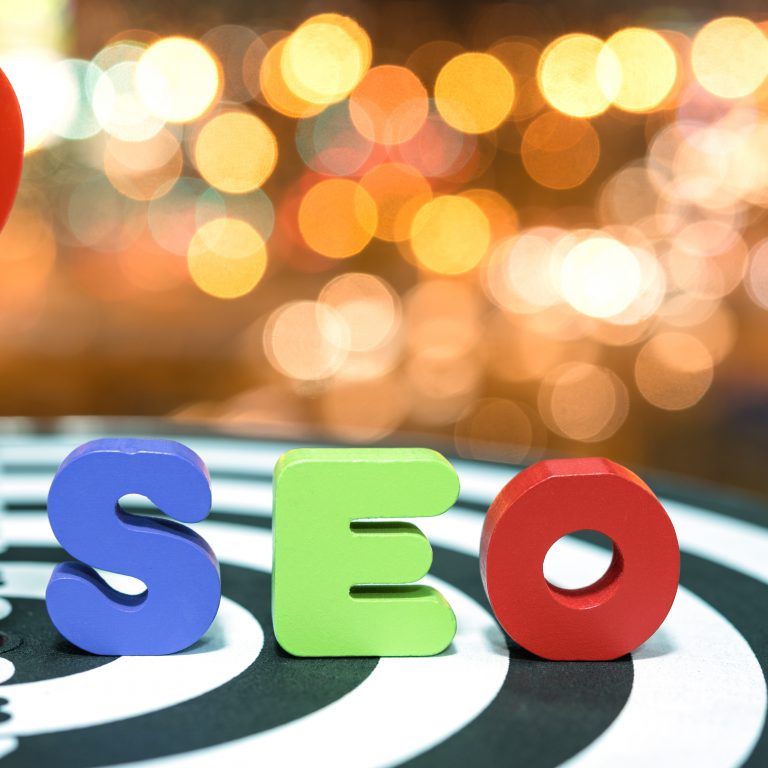
Improving SEO ranking in 2023
requires a comprehensive and data-driven approach. By optimizing your website and online presence, you can increase your visibility and attract more organic traffic to your site. Here are some key factors to consider when improving your SEO ranking in 2023:
1, Relevant Content: Create high-quality, relevant content that provides value to your target audience and includes keywords related to your business.
2, On-page Optimization: Ensure that your website is optimized for search engines, including elements such as title tags, meta descriptions, and header tags.
3, User Experience: Focus on creating a positive user experience on your site, including fast load times, easy navigation, and mobile-friendliness.
4, Backlinks: Build a strong backlink profile by earning high-quality links from authoritative websites in your industry.
5, Local Search Optimization: Optimize your website for local search by including your business information, such as address and phone number, on your site and in local directories.
6, Technical SEO: Stay up-to-date with technical SEO best practices, including website security, structured data, and schema markup.
By focusing on these key areas, you can improve your SEO ranking, attract more organic traffic, and achieve your business goals in 2023.

